Publications
Articles, publications, books, tools and multimedia features from the U.S. Institute of Peace provide the latest news, analysis, research findings, practitioner guides and reports, all related to the conflict zones and issues that are at the center of the Institute’s work to prevent and reduce violent conflict.
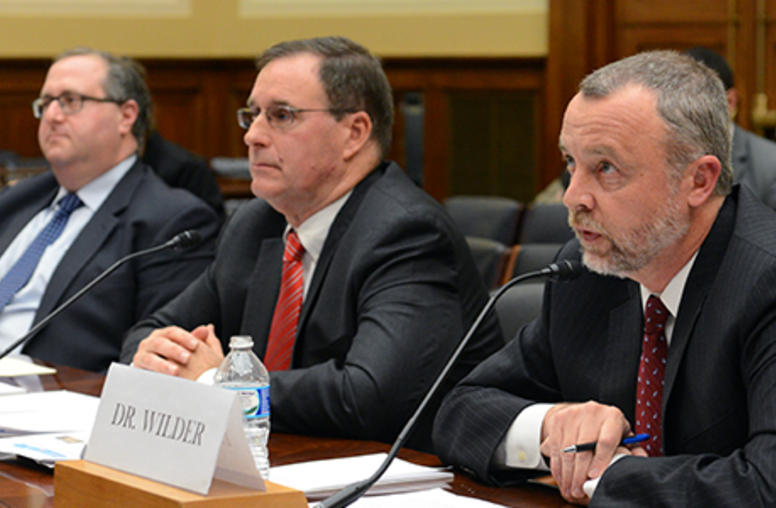
Assessing the President’s Strategy in Afghanistan
Andrew Wilder, vice president of the Asia center at USIP, testimony before the House Committee on Foreign Affairs, Subcommittee on Middle East and North Africa. More from Dr. Wilder following his testimony, "Why the U.S. Needs to Remain Engaged in Afghanistan."
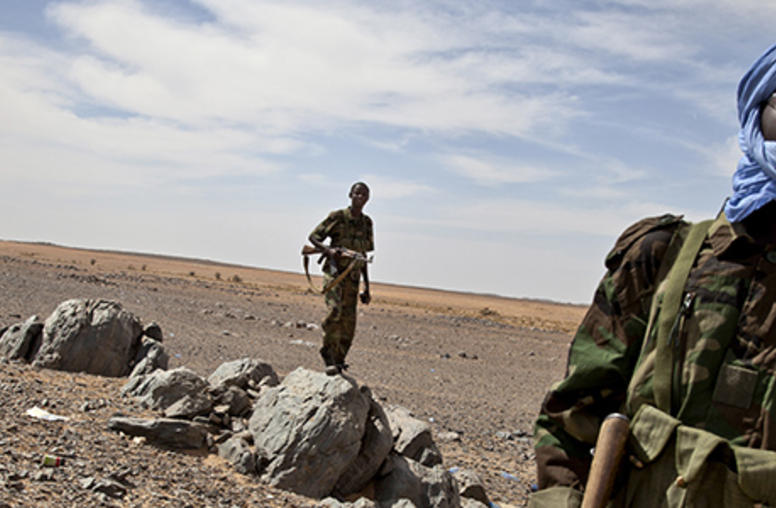
Q&A: The Siege in Mali
As militant gunmen seize a hotel in the capital of the West African state of Mali, U.S. Institute of Peace Program Specialist Emily Fornof offers context for the incident. Fornof served as a Peace Corps volunteer in Mali, and is conducting graduate research on the country’s conflicts at George Mason University.
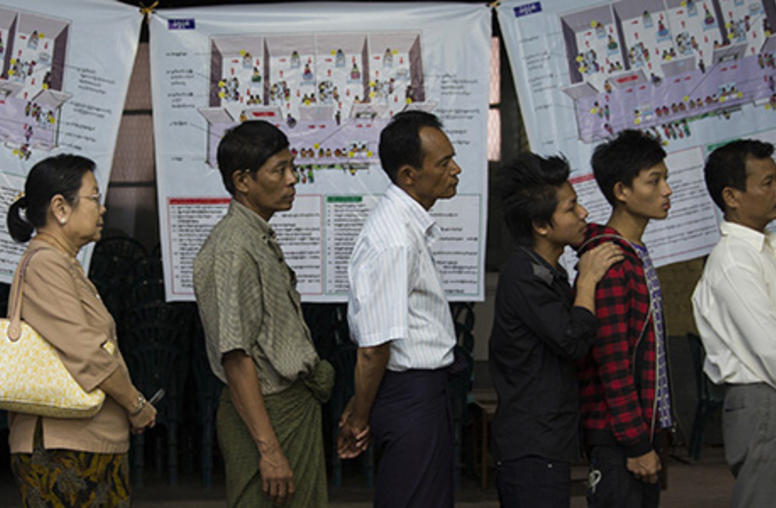
Q&A: Myanmar Voters Cast Ballots for Democracy
Myanmar’s transition to representative democracy took a critical step on Nov. 8 as the nation held the first general election since almost 50 years of military rule ended in 2011. While ballots are still being counted, the National League for Democracy, led by Nobel Peace Prize laureate Aung San Suu Kyi, appears headed to winning control of parliament. Priscilla Clapp, a former American diplomat in Myanmar and U.S. Institute of Peace specialist on the country, discusses the implications of th...
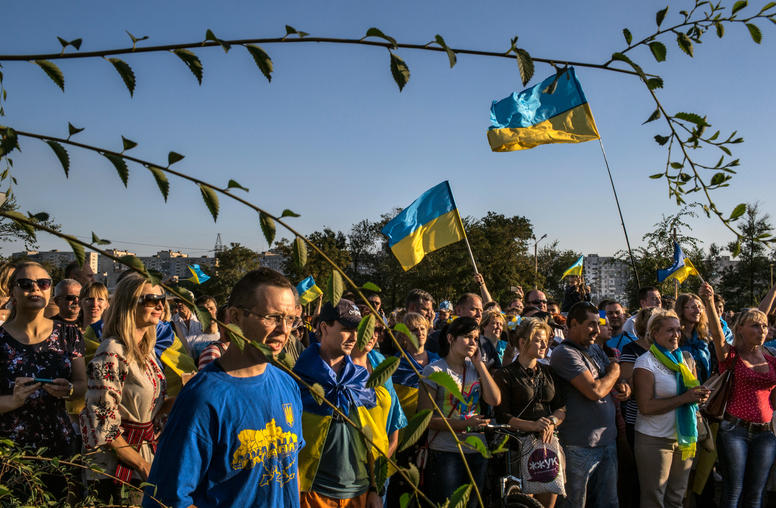
Does Ukraine Still Believe in Reform?
As the country votes in local elections, Ukrainians will weigh in on whether they still believe in the promise of a less corrupt tomorrow.
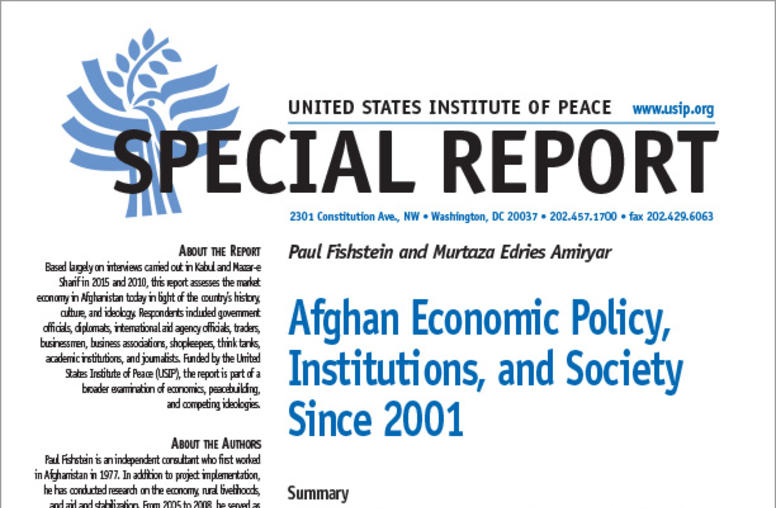
Afghan Economic Policy, Institutions and Society Since 2001
The general expectation among Afghans after the fall of the Taliban was that the state, equipped with financial resources and technical assistance from the international community, would once again take the lead in the economic sphere. Instead, Kabul adopted a market economy. The move remains controversial in some quarters. This report, derived from interviews conducted in 2015 and 2010, takes stock of the competing ideologies in Afghanistan today with respect to the economy.
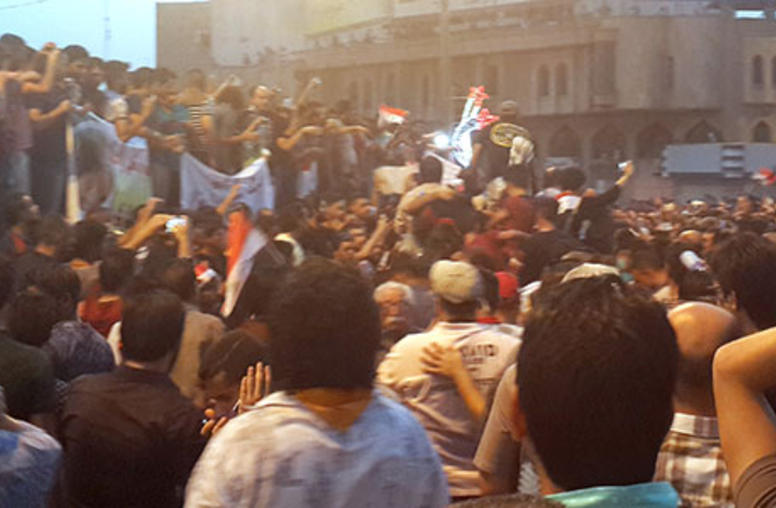
Q&A: Iraqi Protesters Demand Action on Corruption and Reforms
A growing tide of street protests has swept 11 of Iraq’s 18 provinces since mid-July and are scheduled to resume Oct. 2 after a pause for the Eid al-Adha holiday. Citizens’ anger over abysmal public services and rampant corruption had boiled over in July as temperatures soared above 130 degrees amid notoriously short electricity supplies. The persistence of the largely peaceful demonstrations emboldened Prime Minister Haider al-Abadi to introduce far-reaching measures to combat corruption and...
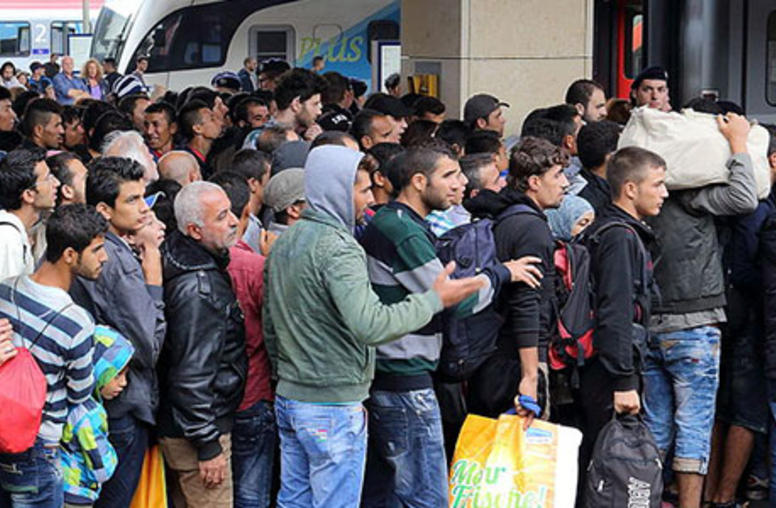
Stopping Europe’s Refugee Crisis at the Source
To halt the flow of people fleeing war, poverty, and oppression, the international community needs to redouble aid efforts where they're needed most.
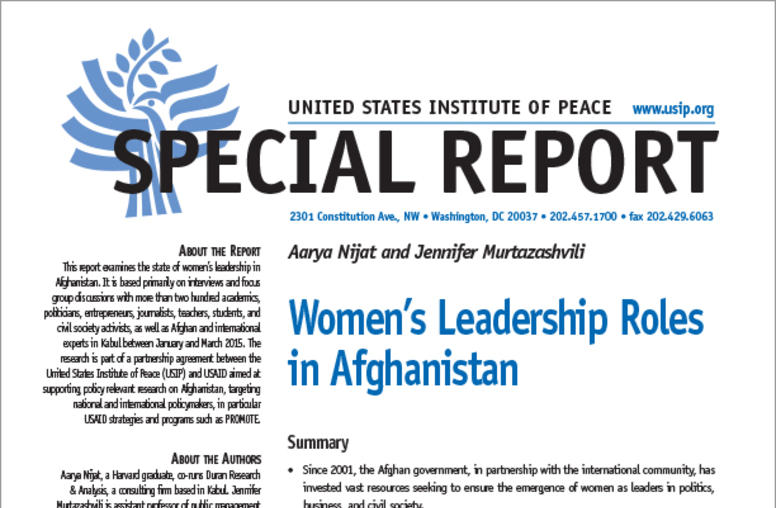
Women’s Leadership Roles in Afghanistan
In the days after September 11, the international community’s desire to “rescue” Afghan women from their social, political, and economic fate was key to mobilizing global support to topple the Taliban regime. Since then, the Afghan government and the international community have invested vast resources seeking to improve the status of women in the country, primarily through programs to support women leaders in politics, business, and civil society. Drawn on interviews and focus group discussi...
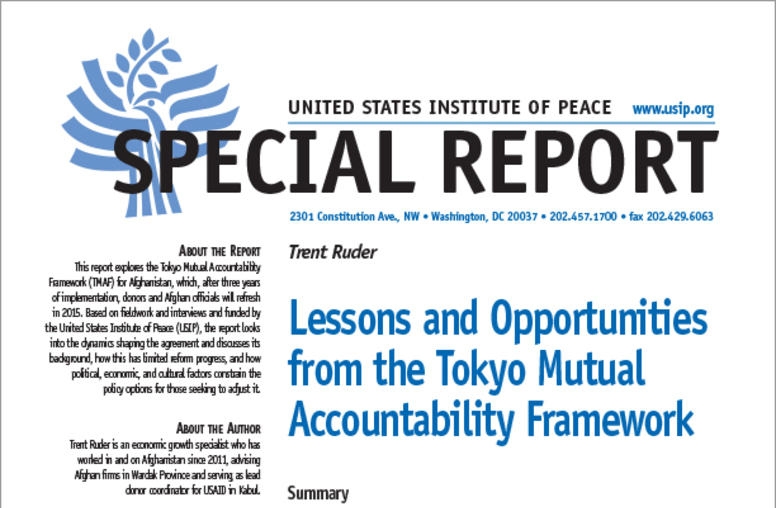
Building a Sustainable Afghanistan
Drafted in 2012, the Tokyo Mutual Accountability Framework (TMAF) provides guidelines for Afghan reform and ongoing donor support and has proved useful, but it is hobbled by political, social, financial, and bureaucratic factors. The Ghani-Abdullah unity government, inaugurated in the autumn of 2014, is looking to refresh the agreement to fit an evolving political and economic context. Policy trade-offs are inevitable, however. They raise a critical question: Is the document intended to organ...
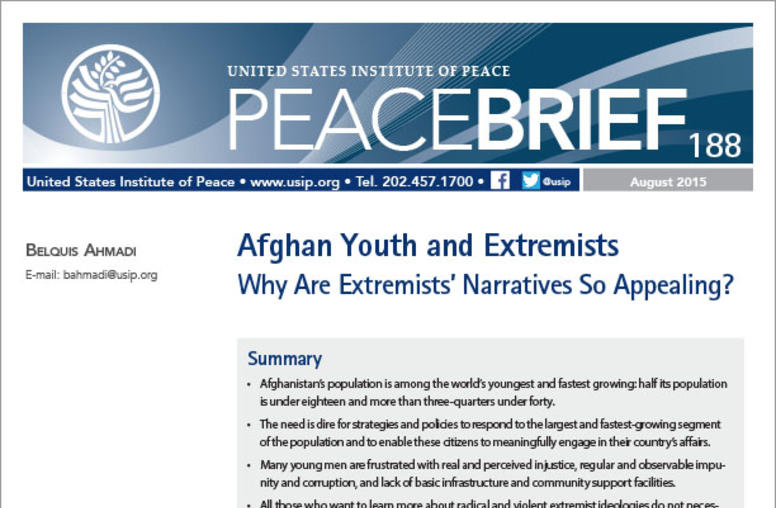
Afghan Youth and Extremists
Four decades of political instability, violent conflict, and socioeconomic crisis has had a devastating impact on Afghanistan and its citizens. As this Peace Brief explains, understanding the process of radicalization and the drivers of violent extremism is vital to designing effective counterstrategies.